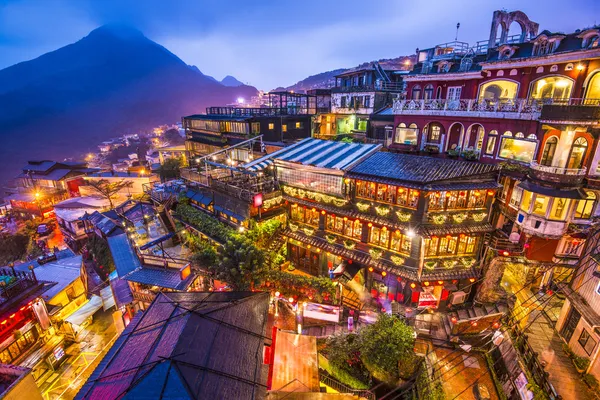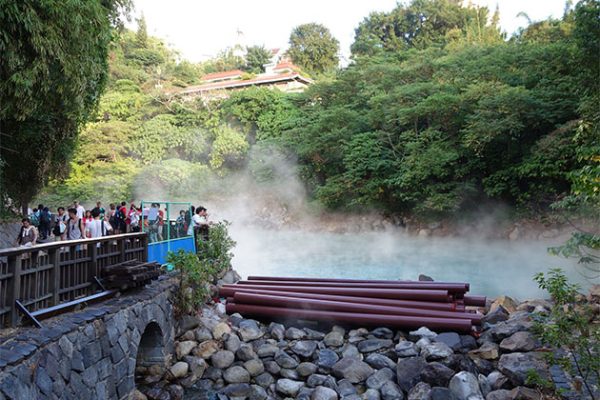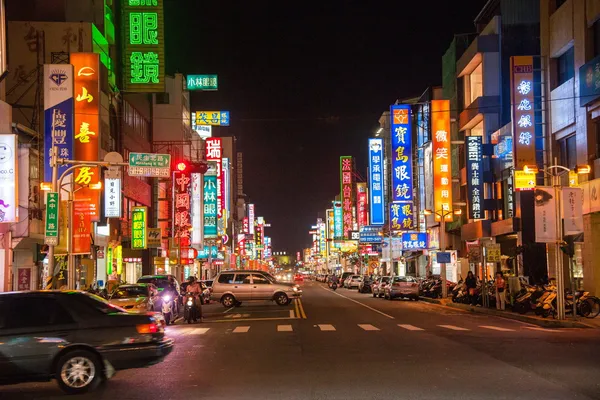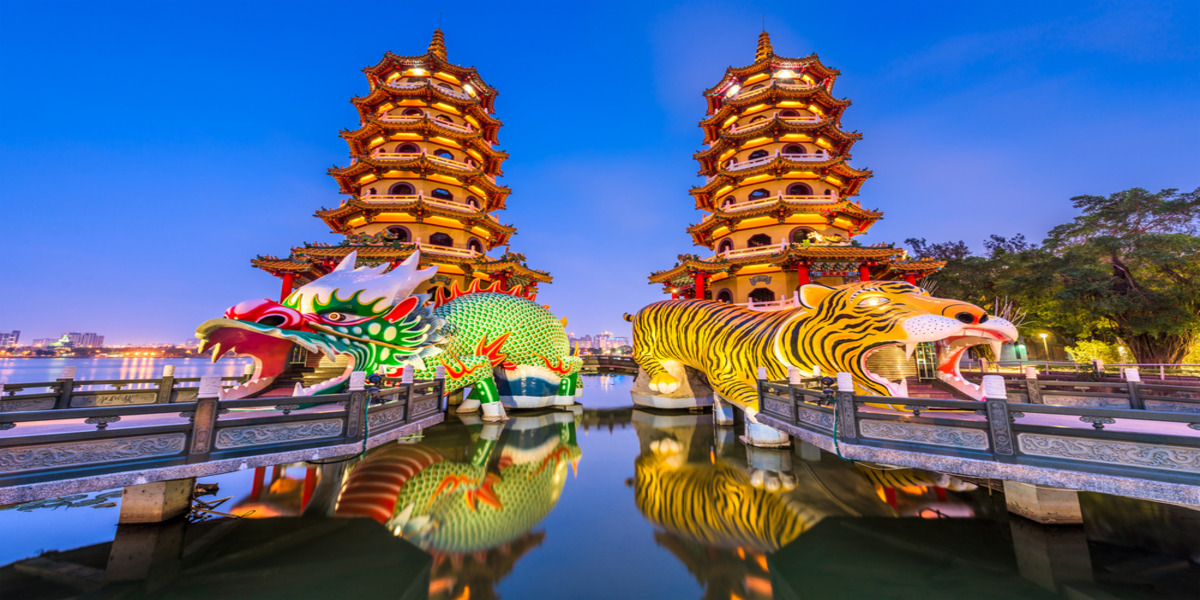Taiwan, an island nation nestled in East Asia, is a traveler’s dream—famous for its lush mountains, vibrant night markets, ancient temples, and warm-hearted locals. But beyond its scenic landscapes and delicious cuisine, Taiwan stands out for another key reason: safety. For solo travelers, families, and adventurers alike, Taiwan is considered one of the safest destinations in the world.

1. Why Taiwan Is Considered Safe
Taiwan consistently ranks as one of the safest countries globally. The crime rate is remarkably low, especially when compared to Western countries. Petty crimes like pickpocketing are rare, even in crowded places like Taipei Main Station or Shilin Night Market. Violent crime is even less frequent.
Police presence is strong and community-oriented, with officers often going out of their way to assist travelers. Surveillance is widespread in public spaces, helping to deter criminal activity. Furthermore, Taiwan’s political stability and transparent governance add to the overall sense of security.
2. Safe Transportation Options
Public Transit
Taiwan’s transportation system is efficient, affordable, and reliable. The Taipei Metro (MRT) is clean, punctual, and incredibly user-friendly, with English signage throughout. Likewise, intercity travel via Taiwan High-Speed Rail (HSR) and Taiwan Railways (TRA) is straightforward and safe.
Buses and taxis are also common modes of travel. Licensed taxis are safe to use, and services like Uber and LINE Taxi operate in major cities.
Driving in Taiwan
Foreigners can rent cars or scooters, but you’ll need an International Driving Permit (IDP). Roads are generally well-maintained, but traffic in cities can be chaotic, especially for scooter riders. Always wear helmets, follow local laws, and be cautious.
3. Natural Disasters and Emergency Preparedness
While Taiwan is mostly safe, it is located in a seismically active zone and has a subtropical climate that brings typhoons from June to October.
Earthquakes
Taiwan experiences frequent but usually mild earthquakes. Most buildings are earthquake-resistant, and locals are well-prepared. If you’re indoors during a quake, follow the “Drop, Cover, and Hold On” rule.
Typhoons
Before traveling during typhoon season, check the Central Weather Administration (CWA) website for updates. If a typhoon is approaching, avoid coastal and mountainous areas, and follow local advisories.
Emergency contact numbers to note:
Police: 110
Fire/Ambulance: 119
Foreign Affairs Police (English support): +886-2-2556-6007

4. Health and Medical Safety
Taiwan has an excellent healthcare system, often ranked among the best in Asia. Hospitals and clinics are modern, clean, and equipped with English-speaking staff in urban areas.
Vaccinations and Insurance
No specific vaccines are required to enter Taiwan, but routine immunizations (MMR, Hepatitis A & B, Tetanus) are recommended. Travel insurance is strongly advised to cover any unexpected medical expenses.
Food and Water Safety
Tap water in Taiwan is technically safe, but most locals drink filtered or bottled water. Street food is generally hygienic, and food safety standards are high. Still, use your judgment—look for busy stalls with a quick turnover of food.
5. Solo Travel and Women’s Safety
Taiwan is one of the safest countries for solo travelers, including women. It’s common to see solo diners at restaurants or lone hikers in national parks.
Tips for Solo Travelers
Use well-lit and populated areas at night.
Avoid hitchhiking.
Trust your instincts—if something feels off, it probably is.
Even late at night, walking alone in cities like Taipei or Kaohsiung is generally safe. Harassment or catcalling is rare, and locals are respectful.
6. Respecting Local Culture and Laws
Taiwanese people are incredibly welcoming, but cultural sensitivity goes a long way. Here are some dos and don’ts:
Do:
Show respect at temples—remove your shoes, speak softly, and dress modestly.
Line up in public spaces (MRT, bus stops).
Offer or receive items with both hands—it’s a polite gesture.
Don’t:
Speak loudly or argue in public—it’s considered impolite.
Point at people with your finger.
Smoke in non-smoking zones; fines can be heavy.
Drug laws in Taiwan are extremely strict. Even small amounts of illegal substances can result in serious penalties, including imprisonment or deportation.

7. Technology and Connectivity
Staying connected in Taiwan is easy and secure. Free public Wi-Fi is available in many areas, and SIM cards with data plans are inexpensive and widely sold at the airport or convenience stores.
Downloading apps like Google Maps, Taiwan Railway App, and Pleco (for Chinese translation) can enhance your travel experience.
8. LGBTQ+ and Minority Traveler Safety
Taiwan is progressive by Asian standards and was the first in Asia to legalize same-sex marriage. LGBTQ+ travelers will find a relatively open-minded environment, especially in Taipei, which hosts a vibrant Pride parade annually.
Racially diverse travelers are generally treated with curiosity and kindness. While you might attract some stares in rural areas, overt discrimination is rare.
9. Cybersecurity and Scams
Digital safety in Taiwan is high. Free Wi-Fi networks are usually secure, but use a VPN for sensitive browsing. Credit card fraud is uncommon, and ATMs are safe to use.
Scams targeting tourists are minimal. Still, use common sense—avoid deals that seem too good to be true and don’t share personal info with strangers.
10. Travel Insurance and Emergency Plans
Always purchase travel insurance that covers medical emergencies, trip cancellations, and lost baggage. While chances are low that you’ll need it, insurance provides peace of mind.
Save the contact information of your country’s embassy or consulate in Taiwan. In case of passport loss, medical emergencies, or legal trouble, they’re your first line of assistance.
Taiwan offers a nearly unbeatable combination of beauty, culture, cuisine, and safety. Whether you’re wandering through the lantern-lit streets of Jiufen, soaking in a hot spring in Beitou, or biking around Sun Moon Lake, you can do so with peace of mind.

By observing basic precautions and respecting local customs, your trip to Taiwan will be not only safe—but unforgettable.


